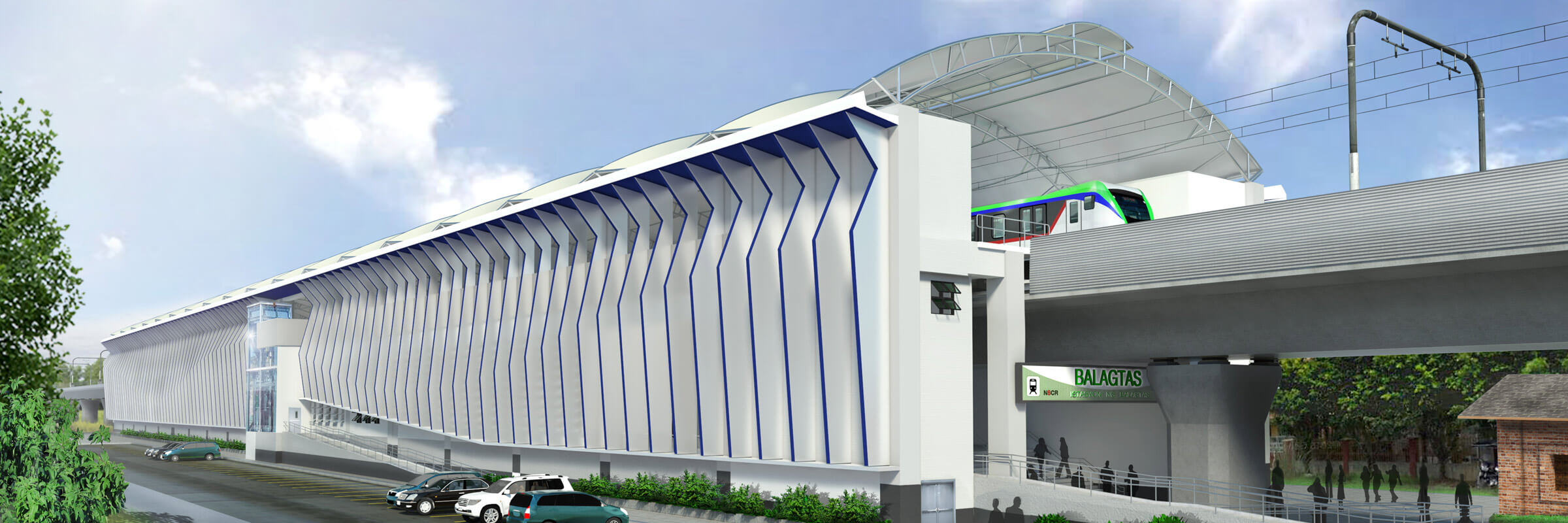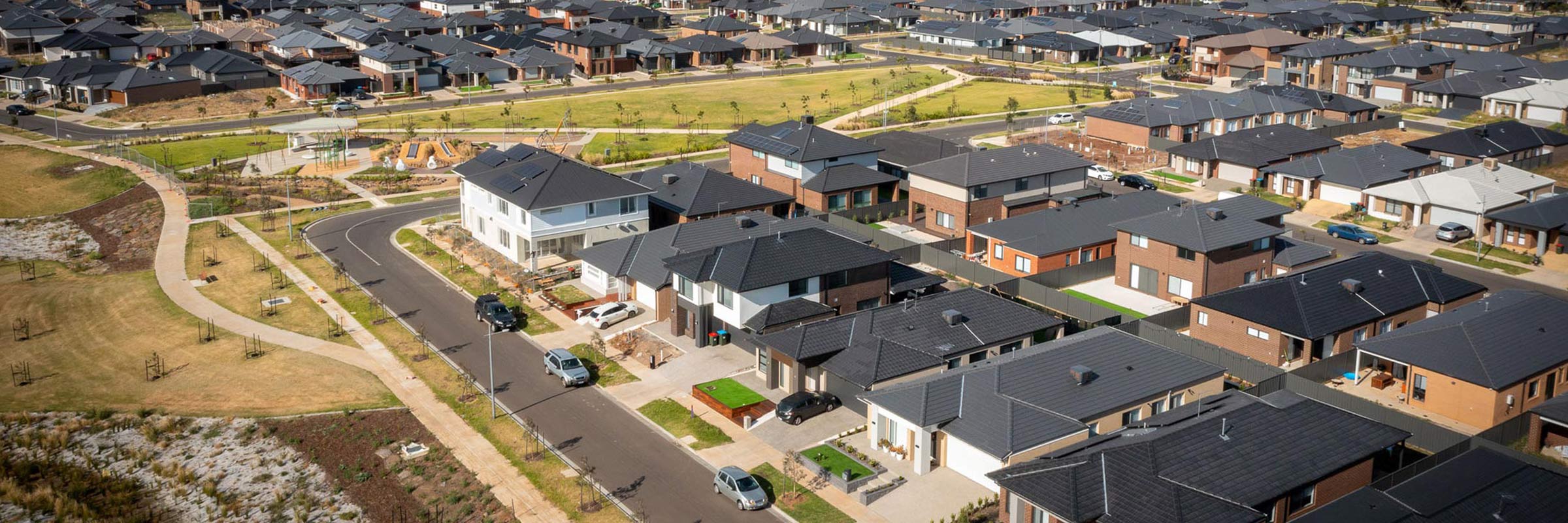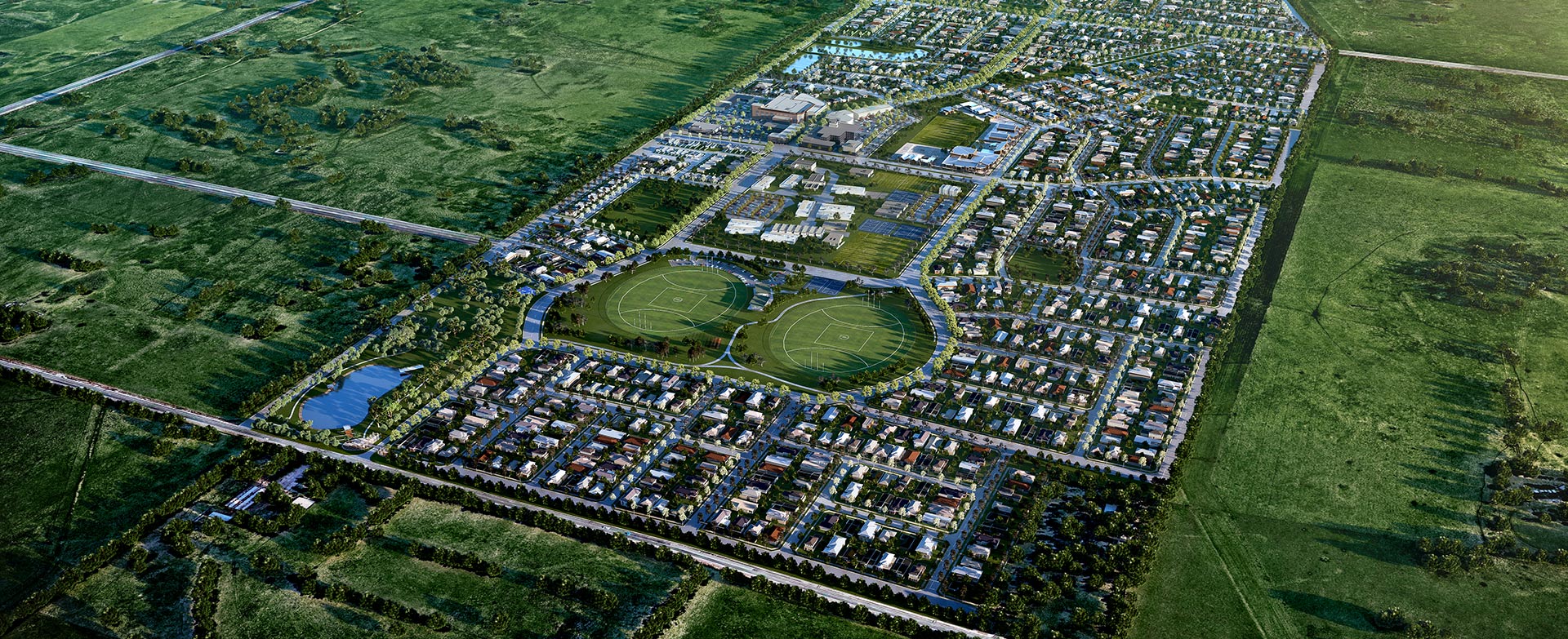Sustainability and future-focussed land development plays a significant role in reducing Australia’s carbon footprint and achieving net zero carbon emissions by 2050.
Particularly in Victoria, where current regulations mandate gas connections in new housing developments, there is a high use of reticulated natural gas which largely consists of methane and other hydrocarbons.
As consumers become more conscious of their own carbon emissions, and with recent research and media raising concerns around the health impacts of using natural gas in homes, there may also be a growing sentiment away from household gas.
Electrification of new developments is now easily achievable, and ultimately will reduce the utility bills for households, with electric appliances cheaper to run than the equivalent gas appliances, and the growth of cheaper renewable energy. Hence from both an economic and environmental point of view, it is important that the industry transitions away from natural gas as soon as possible.
Comparatively, Victoria uses the highest percent of natural gas in Australia. This is due to the vast natural gas reserves that have been available in the Bass Strait, and reliance on gas for heating in the colder climate. Historically, natural gas has been readily available and was the most economical power option. But as gas prices continue to rise across the globe in recent years, and electricity prices falling due to the lower cost of renewables such as solar and wind, and the potential for household and community batteries, all-electric households are now a cheaper option for new house builds.
Victoria State Government has released the Gas Substitution Roadmap, which outlines the Government’s plan to transition to zero emissions. One of the key policy changes in the roadmap indicates that gas connections to new housing will no longer be mandatory.
As a member of the Urban Development Industry of Australia, Victoria (UDIA Victoria) Greenfields Committee, I welcomed the opportunity to contribute to the consultation for the roadmap to ensure both industry and Government are enabled to provide Victorians with liveable communities. Several recommendations are being adopted.










